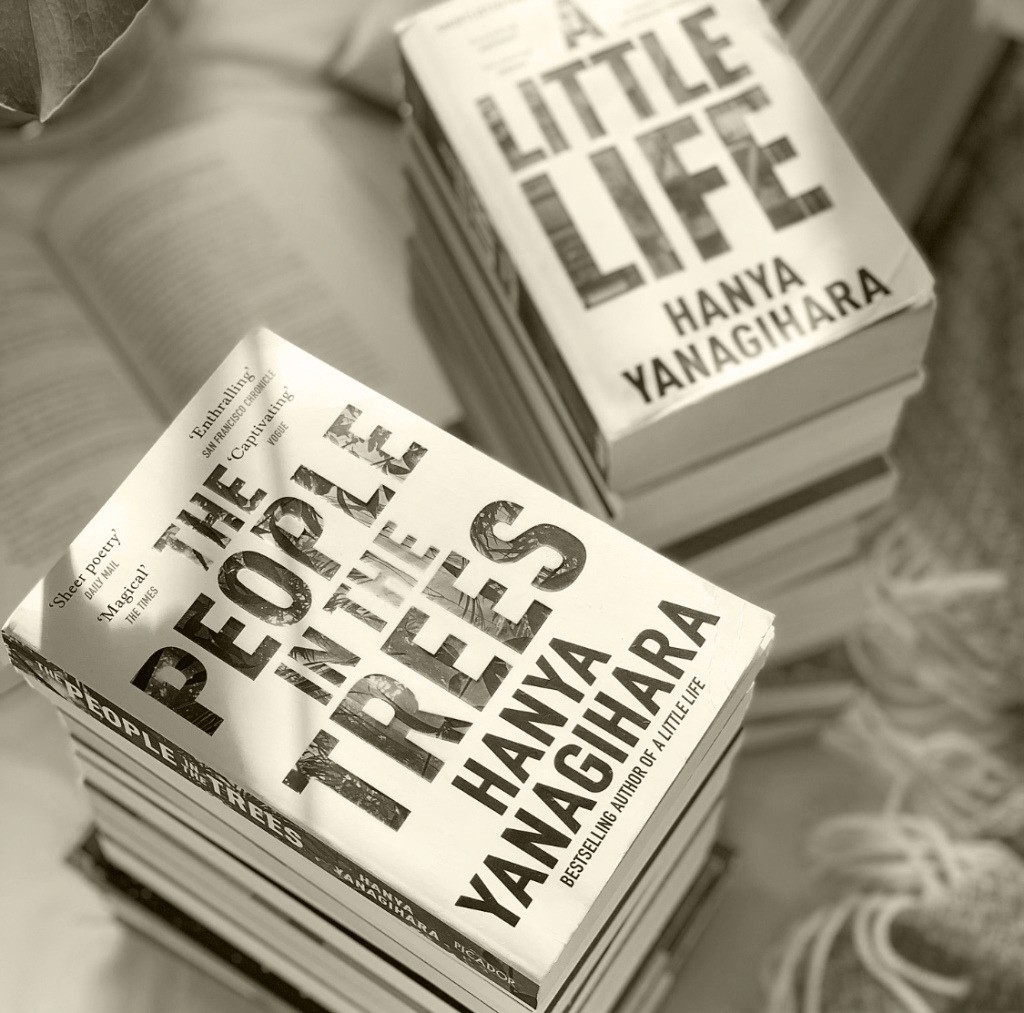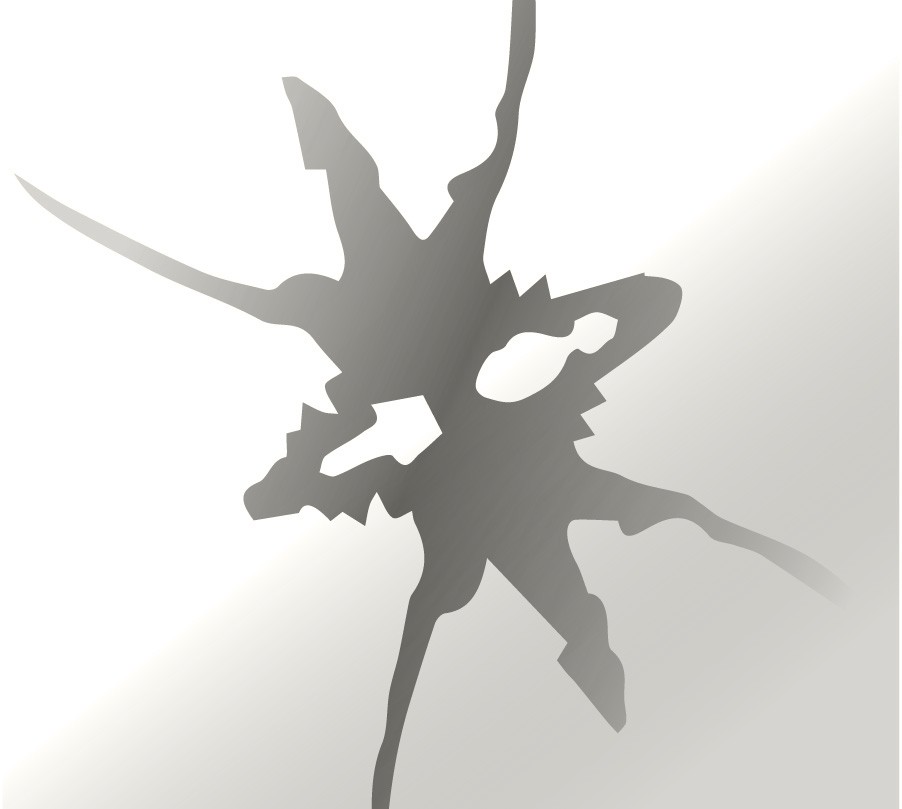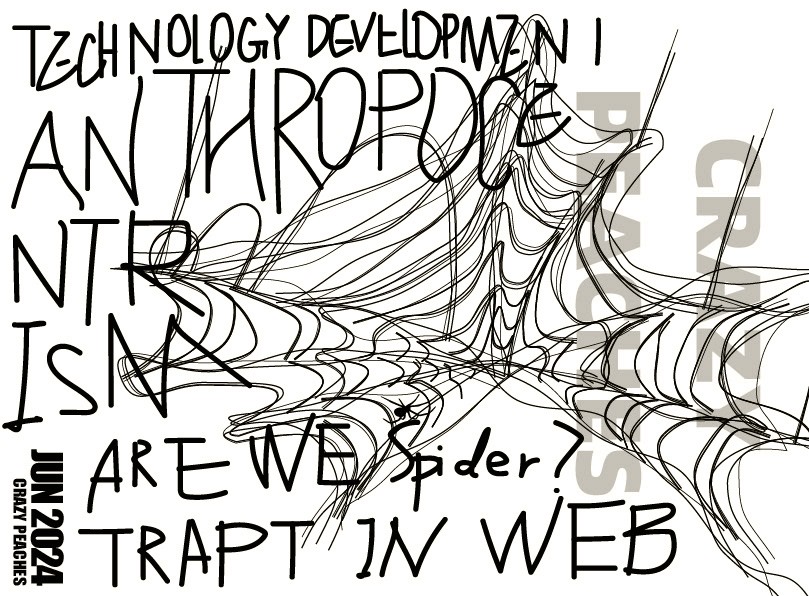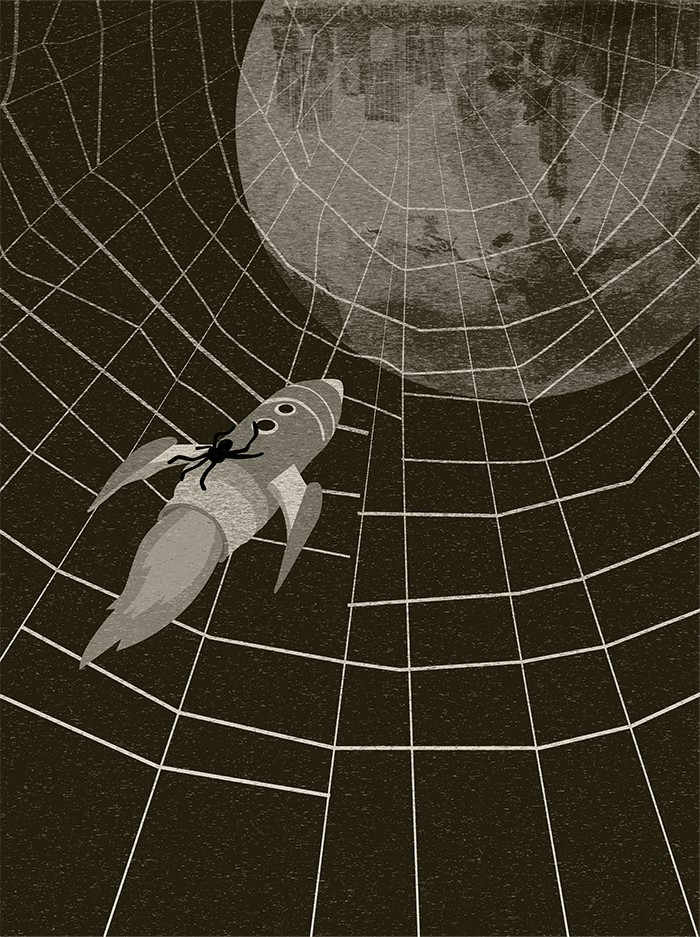Crazy Symposium: The Illusion of Progress and Humanity’s Dark Reflection
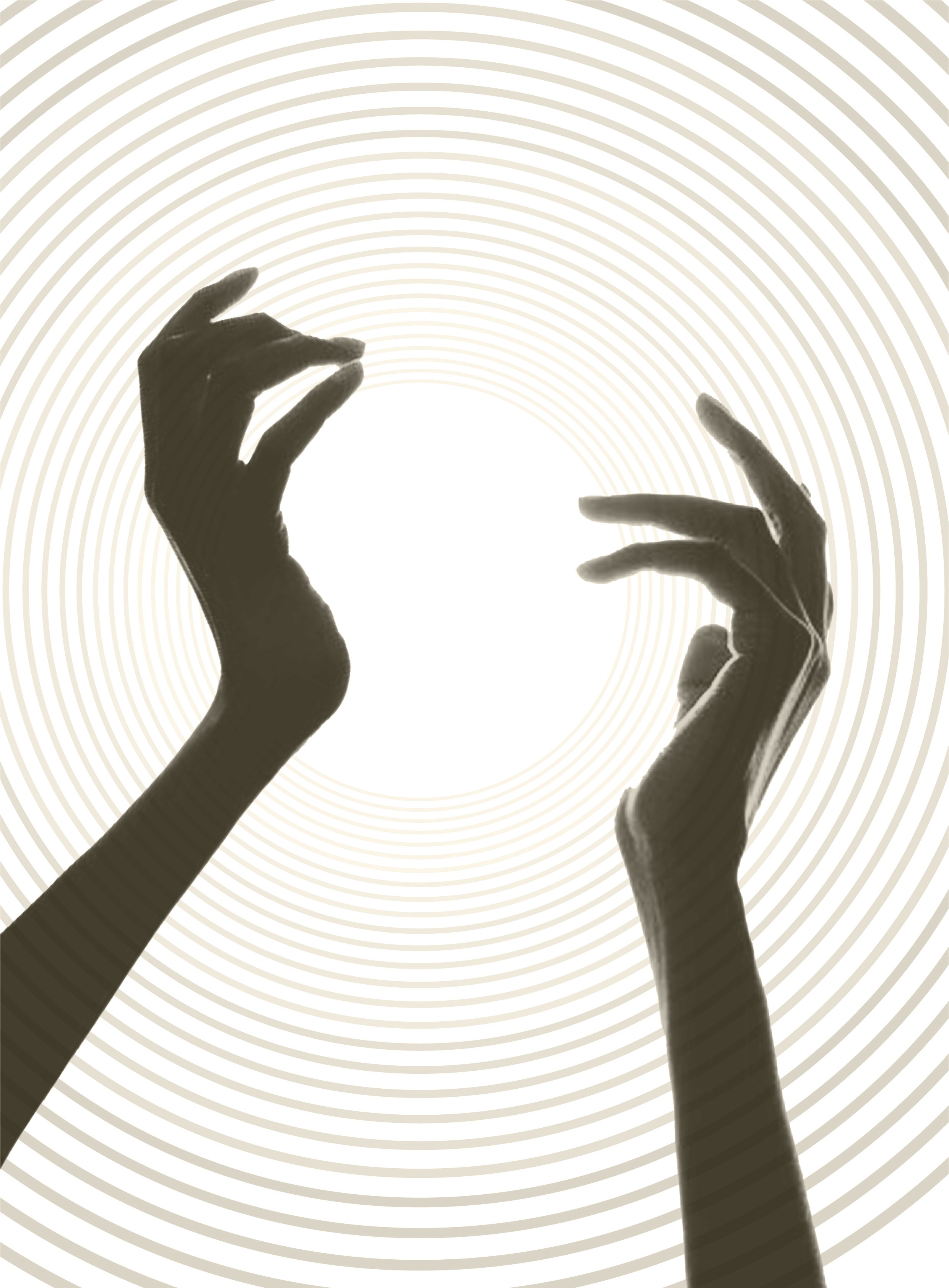
London
Crazy Symposium
Event Recap
Our recent art forum took an unflinching look at the destructive effects of human progression, using Hanya Yanagihara’s The People in the Trees as a stark lens for reflection. The novel’s portrayal of a primitive tribe—content in their simplicity, free from the trappings of modernity, and marked by an extraordinary openness, including the chief's acceptance of homosexual and bisexual behavior—served as a focal point. This acceptance stood in sharp contrast to modern societies, which, despite claiming progress, harbor deep discrimination against LGBTQ+ individuals and uphold rigid societal norms.
The discussion underscored how modern societies, even with their technological and scientific achievements, maintain a hypocritical stance not only toward sexual and gender diversity but across many aspects of social and moral life. The supposed progressiveness of developed nations often masks contradictions: advocating for equality while perpetuating discrimination, promoting sustainability while enabling environmental harm, and advancing technology while ignoring its social costs. The example of LGBTQ+ discrimination is just one among many that highlight these systemic inconsistencies.
Participants reflected on the paradox that a tribe without electricity or modern conveniences might exhibit greater inclusivity and happiness than societies boasting wealth and technological prowess. What does it say about our version of "progress" when the social fabric of advanced societies is, in many ways, inferior to that of a simpler community? This question emphasized the fragility of modern ethics and suggested that technological growth and scientific achievements do not inherently align with moral progress or true human development.
As we delved into the part of the story where the tribe is fundamentally destroyed by outside influence, a poignant sense of loss swept through the room. Many attendees were moved to tears, voicing a sentiment that encapsulated the heart of our discussion: “Humans should just die.” This stark statement reflected a shared disillusionment with humanity’s insatiable drive for progress at any cost.
The conversation highlighted how modern society not only "consumes" people metaphorically but also perpetuates conflict, moral decay, and systemic evil under the guise of progress. The tribe in the novel, untouched by technological intrusion, lived fulfilling lives that lacked for nothing essential. Their harmonious existence exposed the irony of modern advancement, which, despite its claims, fosters inequalities, conflict, and destruction.
The emotional climax of the forum was a reflection on this cycle of destruction. Scientific and technological developments, whether in the experimental, production, or implementation stages, often bring more harm than good. n fact, most inventions that are meant to improve human life, like air conditioning, come at a significant cost to the environment. This reality raises questions: Is humanity’s pursuit of progress truly leading us toward a better future, or are we on a path to our own downfall?
In the End
While we chase the idea of advancement, the cost—both to others and to our collective humanity—may be far greater than we admit. The forum encouraged a rethinking of what true progress means and challenged participants to consider whether humanity, with its destructive tendencies and contradictions, should continue unchecked.
MORE EVENTS
